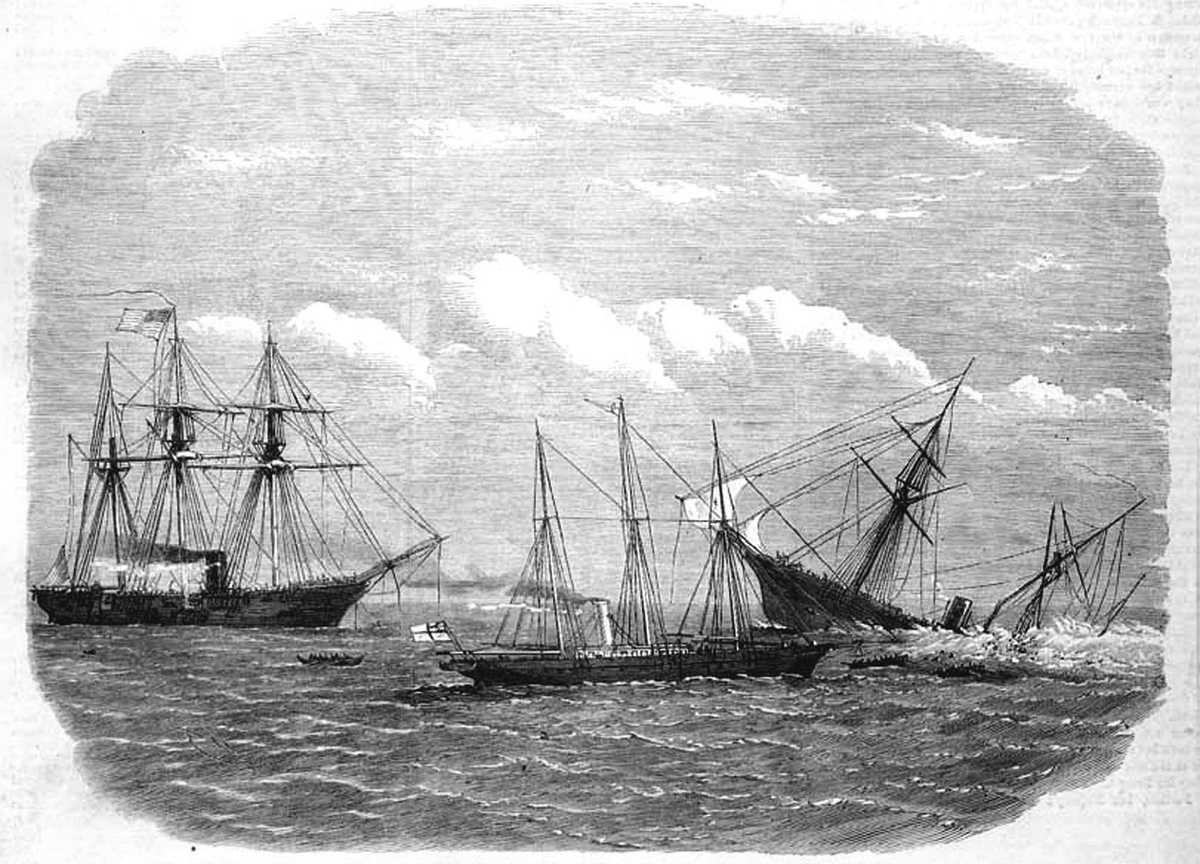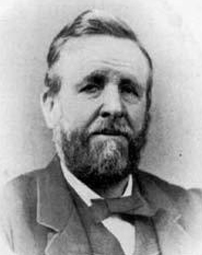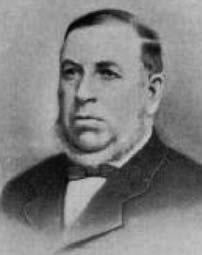
Deerhound moves in to rescue Alabama’s crew... and bear them to England
The Deerhound Controversy
After the rescue, Winslow accused the Deerhound of acting as a Confederate auxiliary. The New York Times of July 7th, 1864, reported “We learn that the British yacht Deerhound, which happened to be so opportunely near the Alabama during her fight with the Kearsarge, and which rescued her commander, and at his urgent request took him into a British harbor of refuge, is owned by the firm of FRASER, TRENHOLM & CO., of Liverpool, who are the rebel agents for that port, and that she is thus almost as really rebel property as the Alabama herself. It probably was not wholly accidental that she happened to be on the spot at that particular time.” However, Captain Jones insisted that in the week preceding the battle, he had no communication with the Confederates except the usual niceties. The Alabama was girding for battle and refused the Lancasters so much as a courtesy visit. They held a family meeting and discussed whether to sail out into possible harm’s way to view the battle. It was put to a vote and Lancaster’s 9-year old daughter cast the deciding ballot to sail out.
After the battle Lancaster maintained, “The fact is, that when we passed the Kearsarge the captain cried out, ‘For God’s sake, do what you can to save them’ : and that was my warrant for interfering in any way for the aid and succor of his enemies.” For his part Winslow said, “It was my mistake at the moment that I could not recognize an enemy who, under the garb of a friend, was affording assistance.” It’s said that as the Deerhound’s boat took Semmes aboard, a boat from the Kearsarge came searching, but Semmes donned a “ Deerhound” cap, grabbed an oar and pretended to be an ordinary seaman.
Despite Winslow’s subsequent protests, since Semmes and his crew had been rescued by a neutral ship, the British had no obligation to hand them over. That evening, the Deerhound put them ashore at Southampton. Confederate Commissioner James Mason later personally thanked Lancaster for his help. In March 1865, Lancaster also received the thanks of Jefferson Davis and the Congress of the Confederate States of America.

